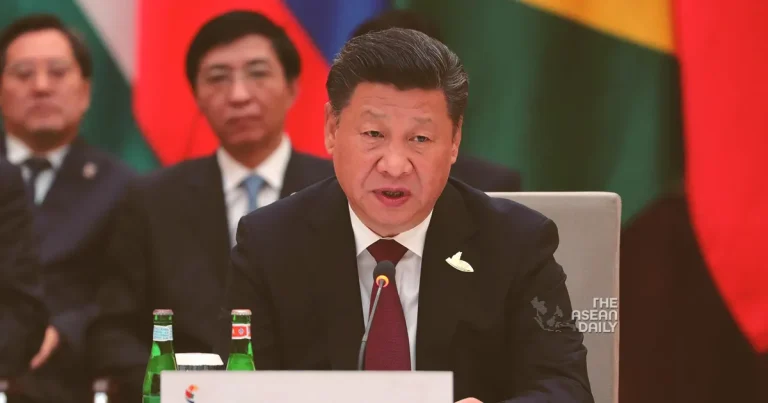6-9-2023 (BEIJING) China’s President Xi Jinping will not attend the upcoming G20 summit of world leaders in India, breaking from his usual practice of attending these important global economic meetings. Instead, Premier Li Qiang will travel to New Delhi to represent the country. On the surface, this seems a routine changing of the guard. However, emerging details suggest all may not be well behind the scenes in Beijing.
According to sources, this summer’s traditional closed-door meeting of senior Communist party leaders at the seaside town of Beidaihe took an unexpected turn. For over a decade since rising to the top post in 2012, Xi had faced little visible opposition at these informal gatherings. But this year, a group of influential retired elders openly criticised the President in a manner not seen before. Rather than the usual consensus building, their message was that unrest across China meant new solutions were needed to maintain public support for one-party rule.
The criticism struck a nerve with Xi, who vented frustrations to aides about being left to solve problems from past administrations alone. With turmoil across China’s political, economic and military spheres worsening, commentators suggest he seeks to avoid uncomfortable questions on the global stage for now.
China faces mounting challenges as economic growth slumps and international relations worsen. The property sector, pivotal to wealth and employment, is crashing as giant developer Evergrande struggles under billions in debt. Youth unemployment jumped so sharply that figures were halted, while the armed forces saw purges of top rocket force generals. Even trusted allies have taken hits – the sudden removal of popular Foreign Minister Qin Gang shocked Beijing insiders.
Against this backdrop, a rare public statement of dissent emerged from the party’s esteemed elders. With former presidents Jiang Zemin and Hu Jintao absent, the most outspoken critic was thought to be Zeng Qinghong, a hugely influential figure from Jiang’s circle. At 84, he retains close ties across the senior leadership. According to some reports, his message was that further turmoil could shake belief in one-party rule, a stark warning in a system that values stability above all else.
The reprimands left Xi contemplating his NEXT moves with a small circle of trusted allies, like Premier Li. Some in the West hoped trade envoy visits might herald warmer Sino-American ties, but Chinese sources say there were no real gifts. With relations stuck, Xi likely judges now a risky time to meet Biden. He also skipped an economic forum during the BRICS summit, possibly fearing off-script questions about weak growth.
Since the elders’ meeting, more signs have emerged of discontent within party ranks. Crypto billionaire Fan Yifei loudly criticised regulators, gaining uncharacteristic traction before censorship cracked down. And in a highly symbolic act, smiling crowds chanted welcomes for the recently retired and still popular former Premier Li Keqiang during a rare public appearance. Li found favour as a more consensus-driven leader who presided over China’s rise.
Whispers from Beijing suggest Xi now works to shore up power before potential trouble at next year’s once-in-five-years party congress. But tackling issues ranging from the economy to Taiwan will demand deft policy shifts. And as history shows, no Chinese leader rules alone – even emperors faced dissent within the imperial court. The elders’ warning that turmoil threatens stability, combined with signs of unease closer to home, indicates rougher times may lie ahead for Xi within the corridors of Zhong nan hai. How he responds could shape China’s course for years to come.




